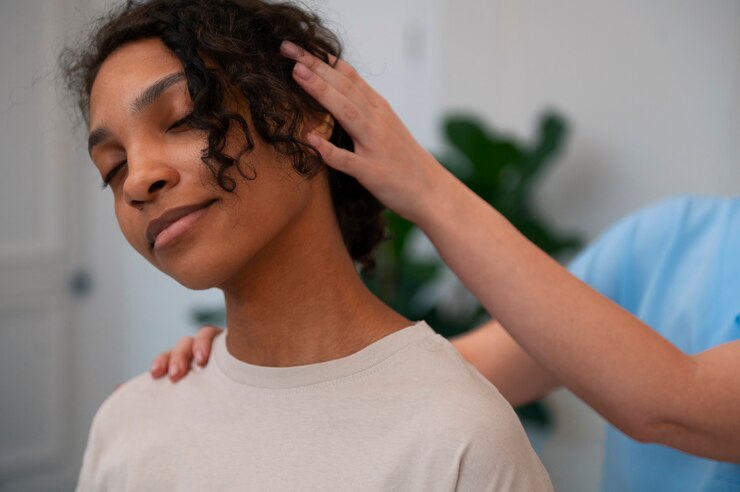
Recognizing Symptoms
Anxiety can manifest through a variety of symptoms, both physical and emotional. Common signs of anxiety include:
Excessive Worrying: Persistent and uncontrollable thoughts about various concerns, often disproportionate to the situation.
Physical Symptoms: Restlessness, fatigue, muscle tension, trembling, and changes in sleep patterns.
Irrational Fears: Intense fear or dread of specific situations, objects, or activities.
Social Withdrawal: Avoidance of social situations due to fear or apprehension
Types of Anxiety Disorders
Generalized Anxiety Disorder (Gad): Characterized by Persistent and Excessive Worry About Various Aspects of Life, Even When There is Little or No Reason to Worry.
Panic Disorder: Involves Sudden and Repeated Episodes of Intense Fear, Known as Panic Attacks, Often Accompanied by Physical Symptoms Like a Racing Heart or Shortness of Breath.
Social Anxiety Disorder: Intense Fear of Being Judged, Embarrassed, or Humiliated in Social Situations, Leading to Avoidance of Social Interactions.
Seeking Help for Anxiety
Managing Anxiety Often Involves a Combination of Self-help Strategies and Professional Support. Here Are Some Approaches:
Therapy: Cognitive Behavioral Therapy (Cbt) and Exposure Therapy Are Commonly Used to Address Thought Patterns and Gradually Face Feared Situations.
Medication: Antidepressants, Benzodiazepines, or Beta-blockers May Be Prescribed in Some Cases to Alleviate Symptoms.
Lifestyle Changes: Regular Exercise, a Balanced Diet, and Sufficient Sleep Contribute to Overall Mental Well-being.
Coping Strategies
Individuals Can Adopt Various Coping Strategies to Manage Anxiety on a Day-to-day Basis:
Breathing Exercises: Deep, Slow Breaths Can Help Calm the Nervous System and Reduce Anxiety.
Mindfulness and Meditation: Practices That Focus on the Present Moment Can Alleviate Anxiety by Redirecting Attention Away From Worries.
Progressive Muscle Relaxation: Systematically Tensing and Then Relaxing Muscle Groups Can Promote Physical and Mental Relaxation.
